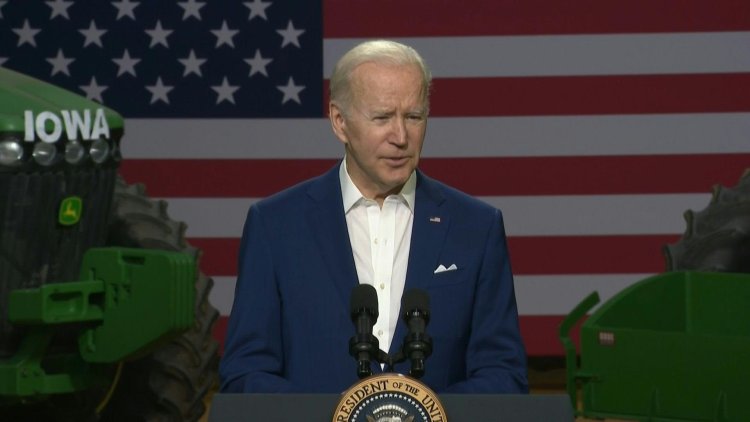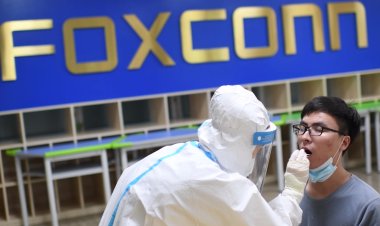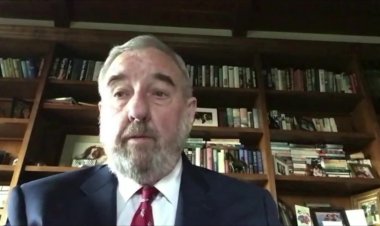US inflation to new four-decade high

Americans paid more for gasoline, food and other essentials last month amid an ongoing wave of record inflation made worse by Russia's invasion of Ukraine, according to government data released this week.
The consumer price index (CPI) climbed 8.5 percent over the 12 months to March, the biggest jump since December 1981 and a sign of the pressure President Joe Biden's administration is under even as it looks for more ways to punish Moscow for the attack on its neighbour.
The inflation surge has dragged Biden's approval lower since it began last year, and the president sought to pin the blame on Russian President Vladimir Putin and the invasion's disruptions to global energy markets.
"Seventy percent of the increase in prices in March came from Putin's price hike in gasoline," Biden argued during a speech in Iowa, though the Labour Department said it accounted for closer to half.
Prices began rising last year as the economy recovered from the Covid-19 pandemic, and while the latest report showed costs hitting new heights for many items, it also contained signs the spike may be levelling off.
Compared to February, prices rose 1.2 percent, in line with analysts' forecasts, but "core" prices, which exclude volatile food and energy sectors, rose 0.3 percent, less than expected.
"The Russia-Ukraine war has added further fuel to the blazing rate of inflation via higher energy, food, and commodity prices that are turbo charged by a worsening in supply chain problems," Kathy Bostjancic of Oxford Economics said.
The potency of the ongoing price jumps bolstered the case that the Federal Reserve will take aggressive action at its policy meeting next month, likely raising the key lending rate by half a percentage point as opposed to the quarter-point increase last month.
"With labour shortages pressuring firms to raise wages, we are in the midst of a wage-price inflation cycle that will require extreme action on the part of the Fed to rid the economy of the spreading inflation threat," economist Joel Naroff said.
A collision of factors has fueled the inflation surge, including businesses' struggles to find enough workers and supplies, the Fed's low interest rate policies, and congressionally approved stimulus measures that drove up demand among American consumers.















